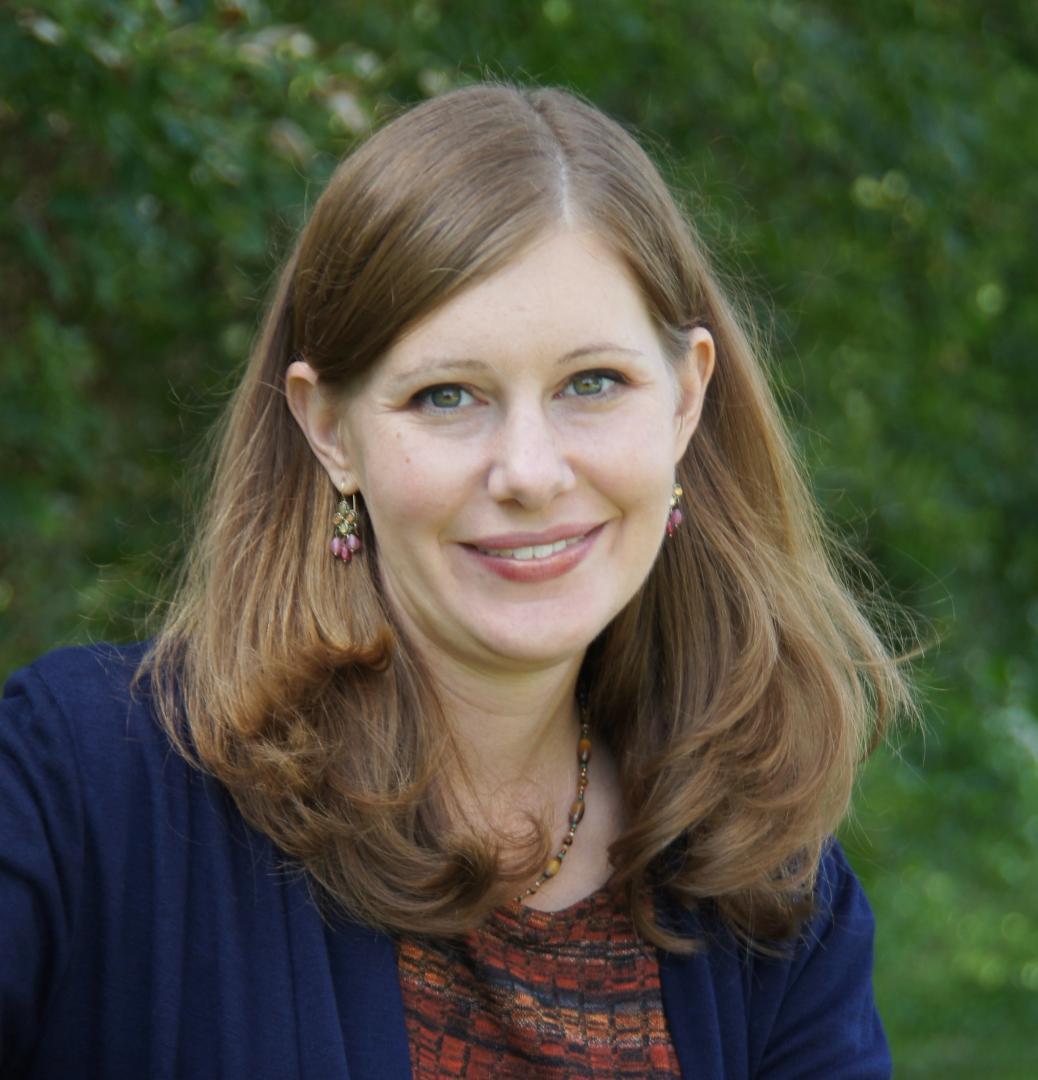
Bethany Yeiser, BS
President, the CURESZ Foundation
Schizophrenia and Support Groups
I was diagnosed with schizophrenia in 2007. Upon my diagnosis, the doctor immediately and unswervingly determined me to be permanently and totally disabled. After a very difficult twelve months of failed medication trials, it began to seem his dire predictions were true– that I would never work, attend school or live independently. But in 2008, I proved every prediction he made to be wrong.
My expectations for support groups
The National Alliance on Mental Illness and other American organizations sponsor small chapters/support groups throughout the United States which can be found in most communities, even in rural areas. Shortly following my diagnosis, I became aware that a support group was available locally. However, I never really wanted to attend. I had no interest in meeting others who might be permanently and totally disabled like I was projected to be. I figured that anyone able to significantly recover enough from schizophrenia would quickly move on, and would naturally have no time for meetings while enjoying a new, healthy life, to the fullest.
I imagined a gathering where people confided the worst, nightmarish details, holding nothing back. I expected grief and tears as families and individuals with schizophrenia were trying to make peace with their disability, and no longer strive to higher levels of health and well-being.
Simply put, I had no desire to rebuild my life exclusively with people who shared my diagnosis. I wanted to have acquaintances and friends who were well, working, attending school and/or managing a family. Even during my twelve months of disability, I always clung to my belief that I could reestablish a life with acceptance by a diverse segment of society.
Hearing from others
Over the years, I have heard mixed reviews from others about support groups around the country. Some people who attend find what I hoped to avoid—a gathering of people making peace with permanent and unrelenting suffering with little hope. However, the more I questioned people and listened to their stories, I recognized my impression may have been inaccurate. I heard reviews that were quite the opposite, including a fine review from a friend living with schizophrenia in Florida. For him, the support group both he and his family members found through their local NAMI became the building blocks of his new life. Today, he is fully recovered, has worked for several years, and is attending graduate school. He stays involved in the organization that sponsored his support group.
What I was more surprised to hear was about the diverse nature of these support groups. Different people have different personalities, and each support group takes on a personality of its own to meet unique needs. Some persons who attend groups have no family, while other are well supported. Sometimes, people in full recovery do attend and encourage those who are struggling. Persons who have been disabled for years may find both a new reason for hope through new treatment options and practical ways to make their lives fuller and healthier.
Finally giving it a try
Following my recovery from schizophrenia (thanks to clozapine, as I was treatment resistant) a local support group I had chosen never to attend invited both me and my mother to share our stories, including both my perspective on my illness and hers as both a mom and a nurse. Though the support group that evening was very small, it was rewarding to give back. And most importantly, to offer hope, rather than just acceptance of disability.
Today, I realize that there is a time for people to grieve and find comfort with others who share a diagnosis. It’s cathartic to cry when feeling discouraged and hopeless, and it can be helpful to understand that you are not alone in your suffering, and that precious friends can be found in surprising places. I am a firm believer that families should never give up. There is always a new medication on the horizon, new supplements and cutting-edge treatments. Today, experts in the field of schizophrenia are watching for at least two new medications on the horizon which have entirely new mechanisms of action for treating schizophrenia.
In my recovery, a few years ago, I started my own grassroots support group through the CURESZ Foundation to encourage and educate others. A CURESZ Board Member and professional counselor, Catherine Engle, worked with me to develop guidelines for attendees. At every meeting, a handful of people attend who are fully recovered from schizophrenia. Also on the virtual meeting, we have a few family members of people who have fully recovered. I find them to be greatly resourceful and encouraging. Struggling families are welcome to join us and ask questions to be answered by those on the call in recovery. Those who are thriving offer their own experience, relevant suggestions, and what worked best for them when they were at a point of life where they were struggling themselves, and also felt hopeless.
I am pleased with the way my support group functions and meets needs. Sometimes, I think I am the one who benefits the most. I have enjoyed watching it grow.
Never losing hope
Today, when I speak to groups of people with schizophrenia, I emphasize that hope is never lost. I concede that there is a time to mourn, but emphasize that there is also a time to fight, and celebrate even small accomplishments. And yes, today I do recommend support groups—the ones out there that offer both healing and hope.
For more information on support groups sponsored by the CURESZ Foundation, contact us here.

